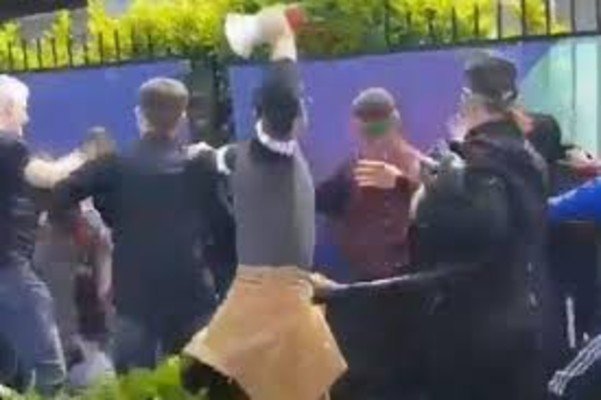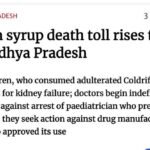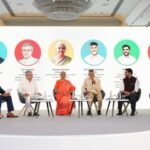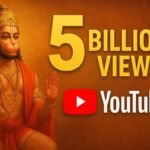A street brawl in Manchester has gone viral across social media platforms, sparking heated debates and misinformation about a supposed clash between Afghan and Pakistani communities. The Viral Manchester Brawl Video shows a group of men fighting in a crowded street near the city center. While the video has been widely shared, authorities and community representatives have clarified that there is no verified evidence linking the incident to any ethnic or national conflict.
The Video That Sparked Online Chaos
The Viral Manchester Brawl Video was first posted on X (formerly Twitter) and later spread rapidly across TikTok, Facebook, and Instagram. Within hours, hashtags related to the supposed Afghan-Pakistani clash began trending. Many users claimed the fight was a continuation of tensions between diaspora communities, but Manchester Police later confirmed the altercation appeared to be a local dispute unrelated to ethnicity or nationality.
Online misinformation has often amplified local issues into international controversies. In this case, digital sensationalism blurred facts, creating a wave of unverified claims and heated political commentary. Social media analysts note that viral videos often get stripped of their context, allowing speculation to shape public perception.
Authorities and Community Leaders Respond
In a statement, Greater Manchester Police said that investigations were ongoing but stressed that “there is no indication of a racially or nationally motivated incident.” Local Afghan and Pakistani community leaders also condemned the online rumors, calling them “dangerous and misleading.”
This joint response highlighted how misinformation can quickly erode years of peaceful coexistence between migrant communities in the UK. Leaders urged residents to rely on credible sources rather than viral social media content, which often thrives on outrage rather than truth.
The Role of Digital Misinformation
Misinformation is not new, but its reach and impact have grown exponentially in the digital age. Social platforms, built to reward engagement, tend to promote content that provokes emotional reactions. That’s why false claims about ethnic or national rivalries often gain more traction than verified reports.
Recent studies on social media misinformation reveal how such incidents can escalate into diplomatic tensions or community distrust. Analysts warn that misinformation campaigns can be fueled by coordinated online actors seeking to deepen divisions or gain political mileage from local events. The Viral Manchester Brawl Video is a clear example of how quickly misinformation can spread before facts are established.
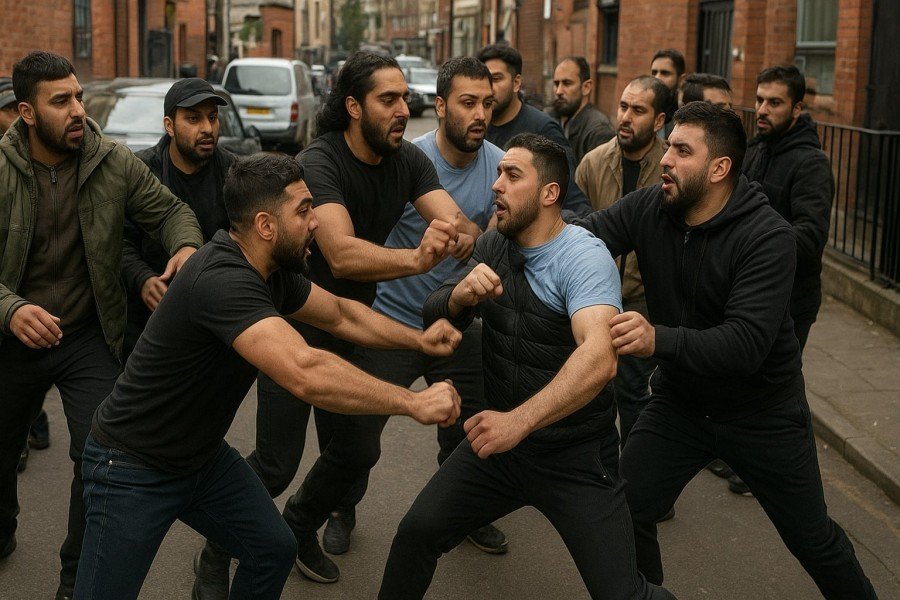
Political Narratives and Online Agendas
The Viral Manchester Brawl Video became a tool for various political accounts trying to spin narratives about immigrant communities in the UK. Some posts attempted to connect it to broader geopolitical issues in South Asia, while others used it to criticize migration policies.
Media experts say this reflects a growing pattern where viral incidents are exploited to push political talking points. Without verification, misinformation spreads faster than truth, creating echo chambers that distort reality. Governments and social platforms are increasingly under pressure to moderate harmful or misleading content before it spirals out of control.
Media Responsibility and Ethical Reporting
Traditional media outlets initially hesitated to report on the incident due to the lack of verified details. This caution was commendable, as rushing to publish unconfirmed claims could have inflamed the situation further. Ethical journalism remains a vital defense against misinformation, emphasizing cross-verification, sourcing, and community sensitivity.
At a time when digital trust is at an all-time low, responsible reporting ensures that sensationalism doesn’t overpower accuracy. This approach also helps rebuild public confidence in mainstream media, which often competes with viral, unregulated online narratives.
Socio-Cultural Harmony and Learning from the Incident
The incident and its aftermath underline the importance of promoting cultural understanding and factual awareness. Manchester, one of the UK’s most diverse cities, has long been known for its strong multicultural fabric. Both Afghan and Pakistani communities have contributed significantly to its economic and social life.
Community activists believe that incidents like this should lead to constructive dialogue rather than division. They encourage educational programs and media literacy campaigns to help people recognize and resist online misinformation. The Viral Manchester Brawl Video should serve as a learning point for all digital users a reminder that sharing without verifying can have real social consequences.
Global Echoes of Digital Rumors
Similar misinformation patterns have been seen across the globe. From political events to celebrity controversies, unverified videos often shape public narratives before facts emerge. This phenomenon mirrors how modern audiences consume information quickly, emotionally, and often without context.
For instance, discussions about media responsibility and public perception have grown in relevance, especially when misinformation influences real-world actions. As technology evolves, verifying content becomes not just a journalistic duty but a societal necessity.
The Bigger Picture
While the Viral Manchester Brawl Video might fade from headlines soon, it serves as a reminder of how quickly rumors can escalate into perceived realities. The responsibility lies not just with authorities or media houses but with every social media user who chooses to share or comment.
In a digital world driven by clicks, truth often struggles to compete with sensationalism. But as communities and individuals, fostering discernment, empathy, and critical thinking remains the strongest antidote to misinformation.

